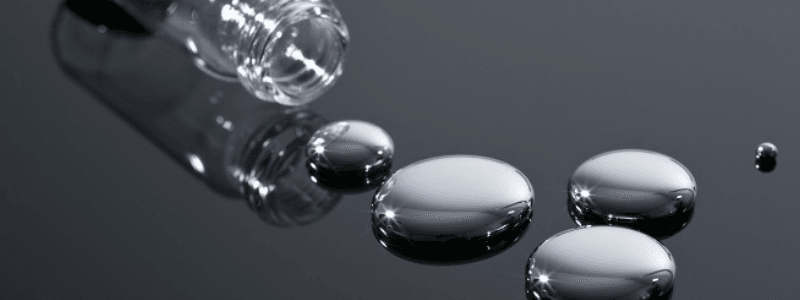Mercury, also known as quicksilver, is a naturally occurring element that is commonly used in various industries such as electrical equipment, thermometers, and fluorescent lamps. Despite its numerous uses, mercury is a toxic substance that can have severe health effects on humans and the environment if not disposed of properly. In this article, we will discuss the importance of disposing of mercury in an environmentally friendly way, the process of recycling and reusing mercury, and initiatives to reduce mercury waste.
Environmental Impact of Improper Mercury Disposal
Mercury can have a devastating impact on the environment if not disposed of properly. When released into the air, it can travel long distances and settle in water and soil, where it can be transformed into a highly toxic form known as methylmercury. This form of mercury can accumulate in fish and shellfish, posing a significant health risk to humans and animals that consume them. Improper disposal of mercury-containing products can also lead to contamination of soil and water, leading to health risks for both humans and wildlife.

Recycling and Reusing Mercury
Recycling mercury-containing products is an essential step in reducing the environmental impact of this toxic substance. Many companies and organizations have implemented programs to collect and recycle mercury-containing products, such as thermometers and fluorescent lamps. The mercury can be reclaimed and used in new products, reducing the need to mine and refine new mercury.
Initiatives to Reduce Mercury Waste
There are several companies and charities that have initiatives to help reduce mercury waste. For example, the National Electrical Manufacturers Association (NEMA) has a program to recycle mercury-containing lamps, and the Mercury Policy Project works to promote policies that reduce the use and release of mercury. Additionally, many state and local governments have programs in place to collect and recycle mercury-containing products.
Frequently Asked Questions
Q: Is it safe to handle mercury?
A: No, mercury is a toxic substance that can have severe health effects if not handled properly. It is important to follow proper safety precautions when handling mercury, such as wearing protective gloves and avoiding prolonged exposure.
Q: Can I dispose of mercury-containing products in the regular trash?
A: No, mercury-containing products should not be disposed of in the regular trash. It is important to recycle or properly dispose of these products to reduce the risk of environmental contamination.
Q: Are there any alternatives to products that contain mercury?
A: Yes, there are many alternatives to products that contain mercury, such as digital thermometers and LED lamps. These alternatives are often more energy-efficient and do not contain toxic substances, making them a better choice for the environment.
Conclusion
Mercury is a toxic substance that can have severe effects on human health and the environment if not disposed of properly. It is important to recycle and reuse mercury-containing products and to support initiatives that reduce the use and release of mercury. By taking these steps, we can help protect the environment and the health of future generations.










